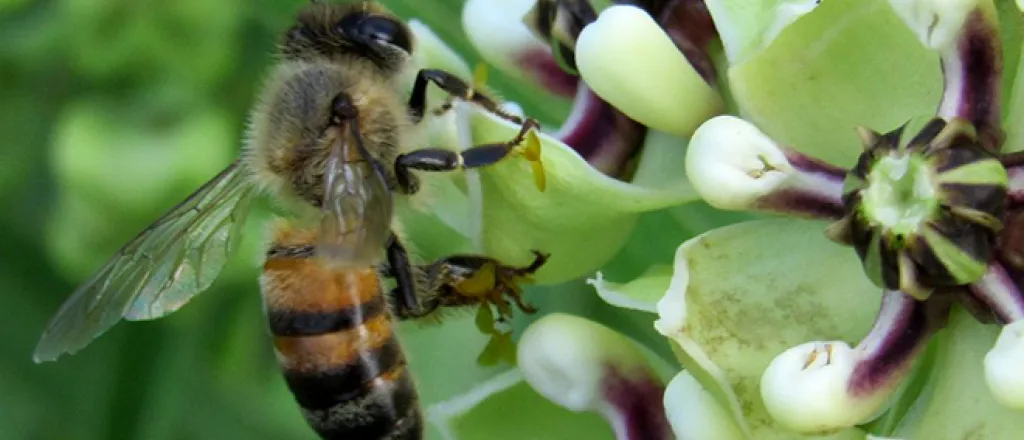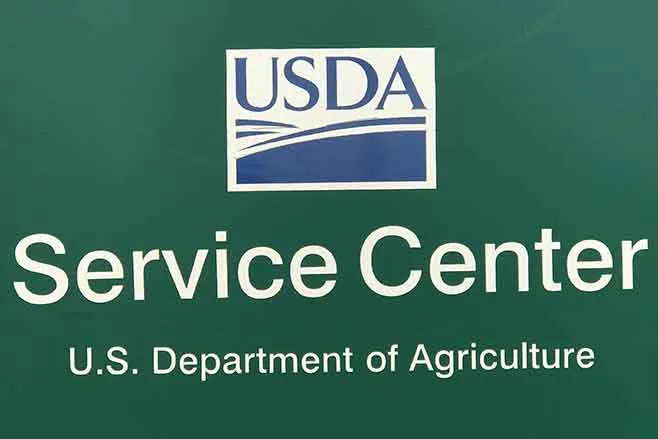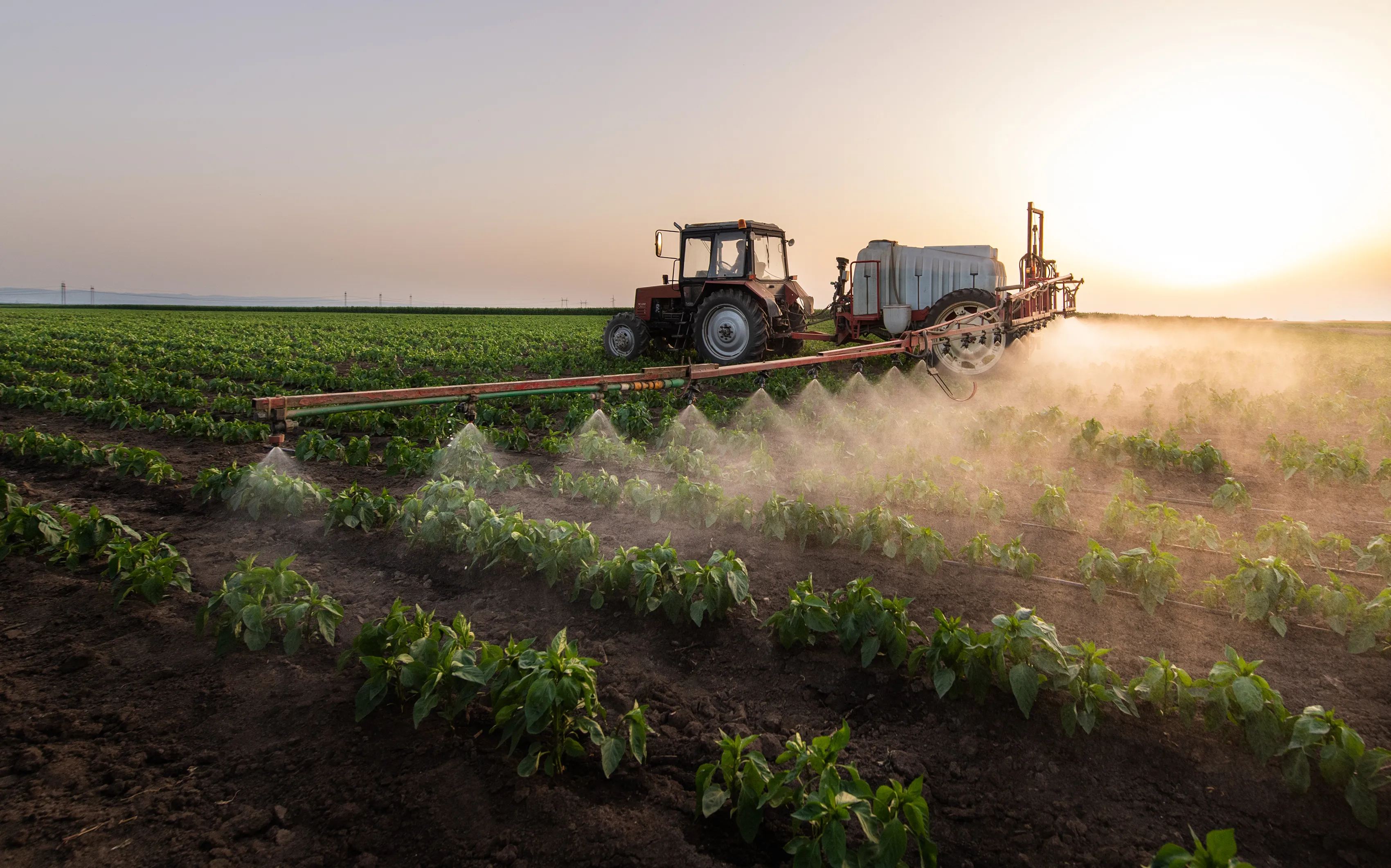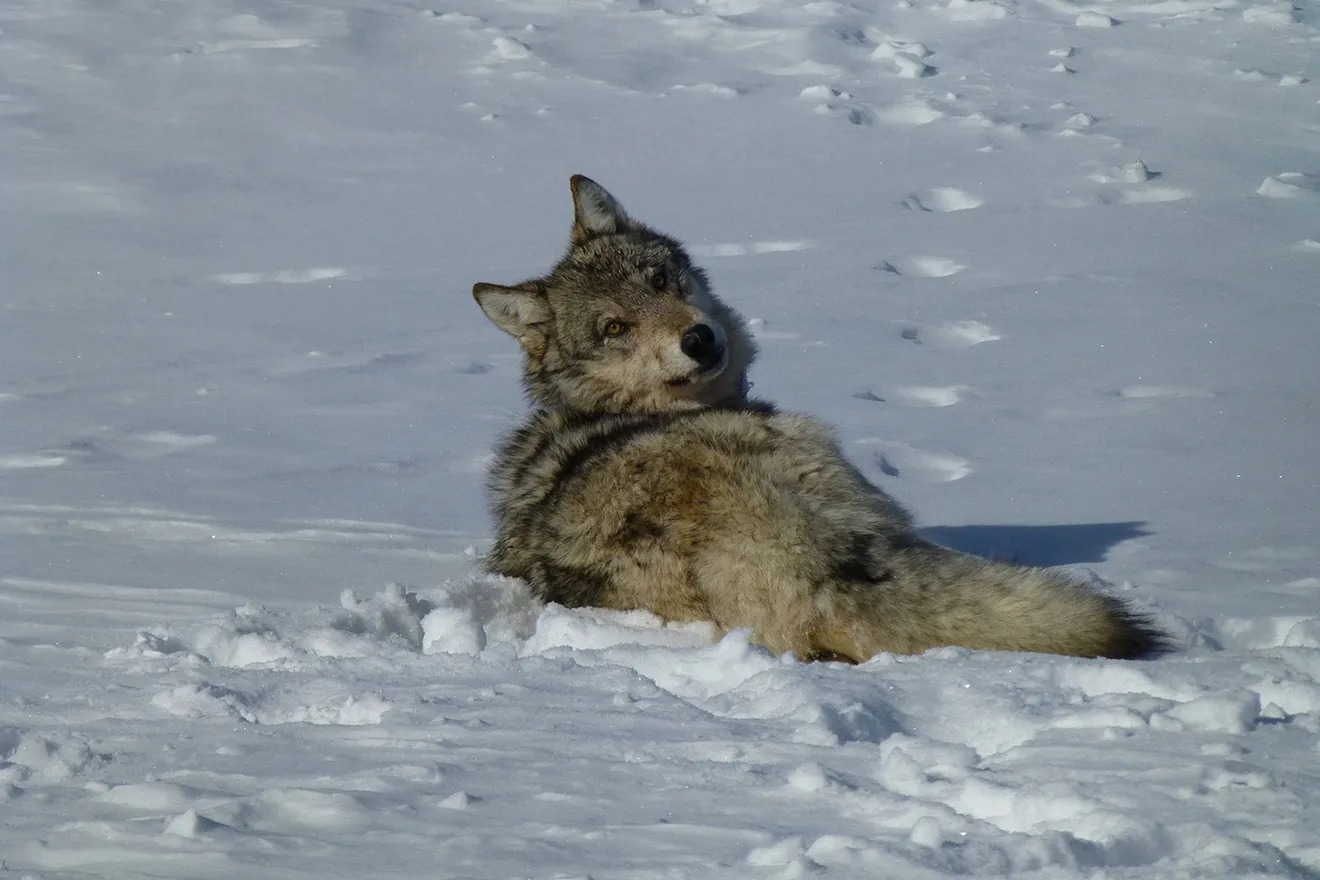
Bees are being decimated in Colorado, but a new law will help
(Colorado News Connection) On the last day of Colorado’s 2023 legislative session, Senate Bill 23-266 was signed by leaders of the state Senate and House. The bill limits the sale of a class of pesticides, neonicotinoids, or “neonics,” which are known for killing bees and other pollinators. The governor signed the bill a little over one week later, making Colorado the ninth state in the country to take steps against neonics.
Specifically, SB-266 requires the Colorado commissioner of agriculture to designate neonics as a “limited use pesticide.” Only licensed dealers will be authorized to sell neonics, which excludes the average home and garden store, significantly reducing the use of neonics in residential areas.
Neonics are the most common class of pesticide in the world, even though several studies suggest neonics provide negligible economic benefits to corn and soy crops. Neonics are often applied via seed treatments, which distributes the chemical throughout the entire plant as it grows. As a result, neonics cannot be washed off the surface of plants prior to eating. This quality, combined with their ubiquity, is perhaps the reason that neonics are the most prevalent pesticide in infant and baby food. While there are documented cases of neonics’ toxicity to humans, there is no scientific consensus regarding the chemicals’ threat to human health.
However, neonics’ toxicity to bees, our food supply, and the country’s economy is very well understood.
Bees pollinate 75 percent of the fruits, nuts and vegetables in the United States, and contribute $24 billion to the U.S. economy. Bees are often exposed to neonics while gathering pollen or drinking nectar from crops in agricultural fields, clover on golf courses, and even ornamental flowers in residential neighborhoods. If the bees don’t consume a fatal dose, the poison interferes with key grooming and sleep behaviors, leading to a slow death or lack of reproduction.
The number of bees in Colorado has declined by more than 70 percent in the past 20 years.
The number of bees in Colorado has declined by more than 70 percent in the past 20 years. Bee populations have been decimated by pesticides, habitat fragmentation and competition with invasive species, such as the European honey bee.
Although it’s an important agricultural pollinator, the familiar European honey bee is not representative of our country’s incredible bee diversity. And the notoriety of honey bees obscures the real bee-pocalypse occurring in the U.S. and Colorado: native bees’ slow descent into extinction. Colorado alone has 950 native bee species, placing the state in the top five for most biodiverse bee habitats in the country. Because Colorado’s native bees, including bumblebees, sweat bees and leaf-cutting bees, do the yeoman’s share of pollinating native plants, their fate will affect all of Colorado’s ecosystems. That’s why Colorado’s induction into the club of states working to restrict neonics is vital.
Eight states besides Colorado restrict the use of neonics, either by legislative or administrative action. The restrictions vary in scope — some apply only to residential areas and others, such as in New Jersey, prohibit the use of neonics on lawns, golf courses, and more. There have been no successful bans on the use of neonics in agriculture.
If history is any indication, there’s little chance that the agriculture industry will ever be subjected to neonic restrictions. The powerful agriculture lobby has doggedly avoided environmental regulations for decades, paying for exemptions from the Clean Water Act, and securing reporting exemptions from the Emergency Planning and Community Right to Know Act. That nearly half of Colorado’s land is devoted to agriculture underscores the importance of SB-266 — if state leaders can’t make Colorado’s farms safe for bees, it’s imperative that they target low-hanging fruit by discouraging the use of neonics in residential areas.
SB-266 isn’t a complete reprieve for our state’s bees, but it is a start. What’s the next step? Hopefully, a ban on all uses of neonics, except for the stubborn agriculture industry.
Colorado Newsline is part of States Newsroom, a network of news bureaus supported by grants and a coalition of donors as a 501c(3) public charity. Colorado Newsline maintains editorial independence. Contact Editor Quentin Young for questions: info@coloradonewsline.com. Follow Colorado Newsline on Facebook and Twitter.

















